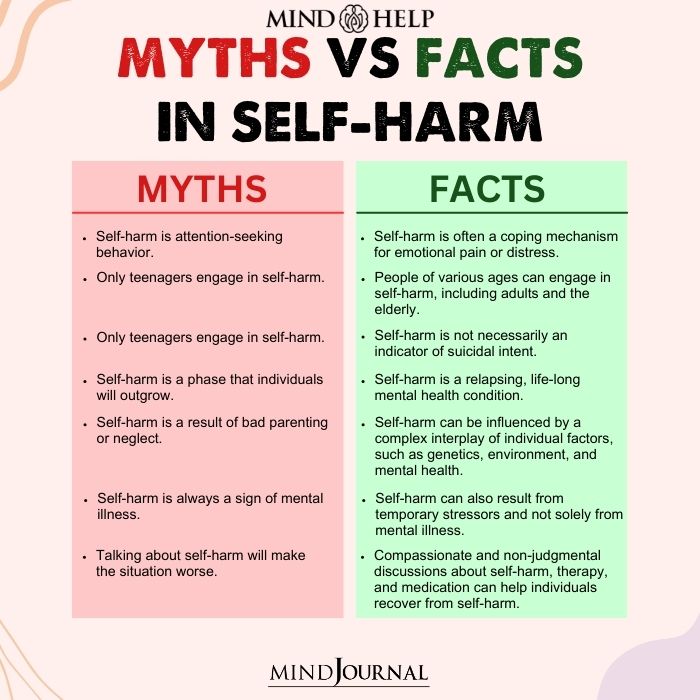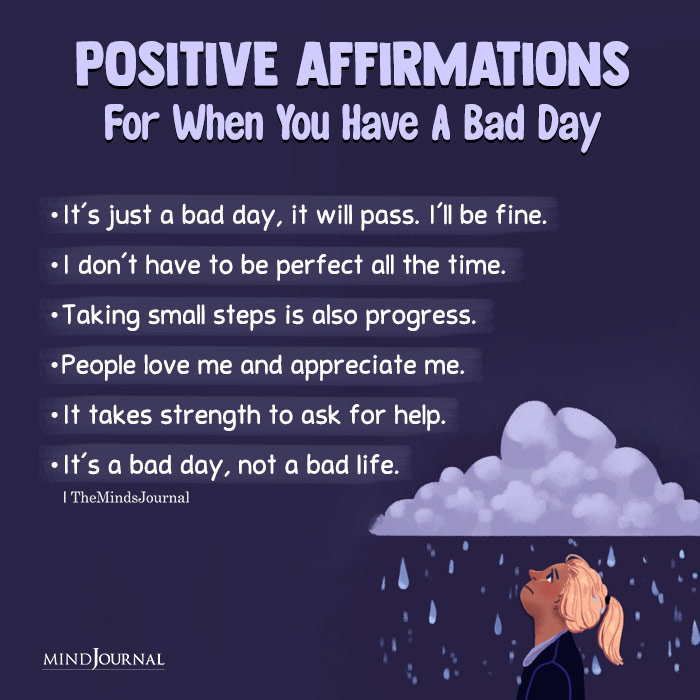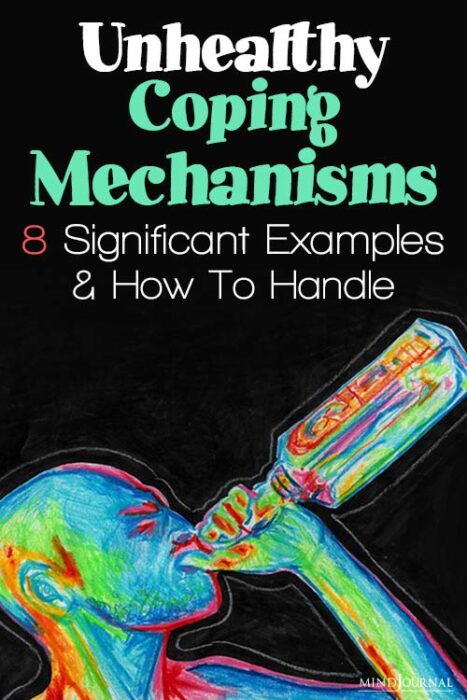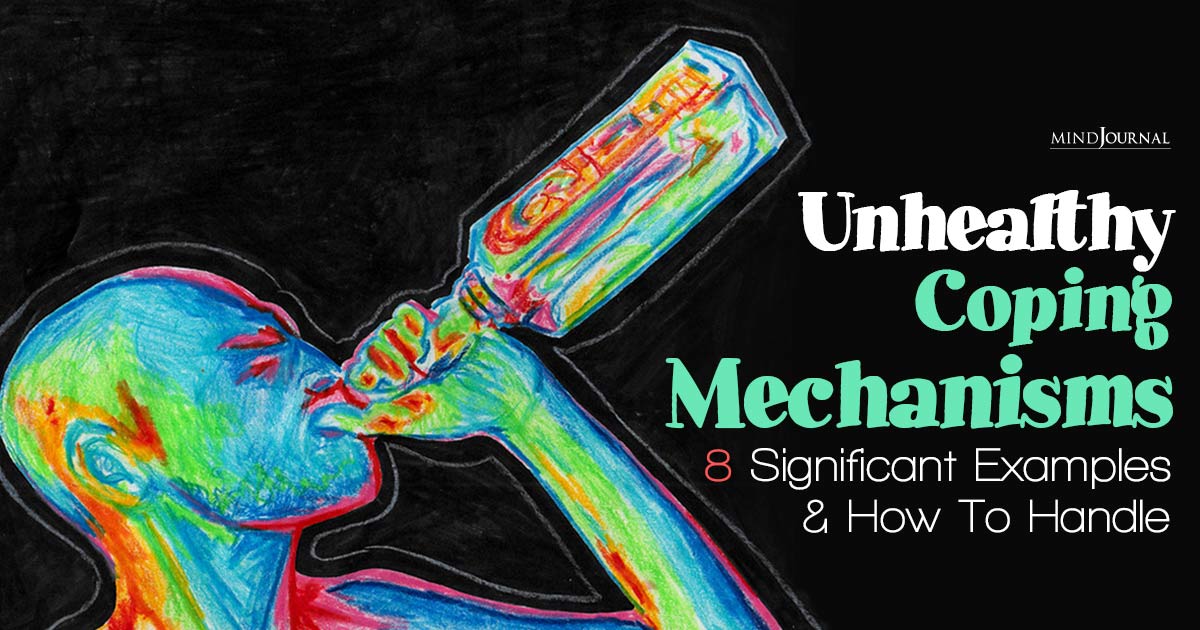Navigating through life is akin to taking a trip down a winding road with unexpected twists and turns. On this path, we face moments that push us to our limits and test our inner strength. It’s during these times that we lean on various strategies to get by—our coping mechanisms, which are like the tools we use to fix things when they break down. But it’s important to recognize that not all these tools are healthy. So, what is unhealthy coping mechanisms?
Unhealthy coping mechanisms might even make things worse in the long run. They can be sneaky, sometimes making us feel better in the moment, but in reality, they prevent us from truly healing and finding peace.
This article is a heartfelt guide through the maze of less helpful coping strategies. We’ll identify what these are and why they might feel good at first but aren’t great choices for our long-term happiness and health. And then, we’ll chart a course towards overcoming them.
By the end of this journey, you’ll be equipped with the knowledge to recognize these hidden traps and will also learn how to stop unhealthy coping mechanisms.
Related: What’s Your Coping Style? How to Manage Stress the Right Way
What Is Unhealthy Coping Mechanism?
An unhealthy coping mechanism is a way of dealing with stress, problems, or difficult emotions that doesn’t really help you solve them, and can actually make things worse. It’s like using a leaky bucket to carry water—it might help for a little while, but soon you’ll be back where you started, or even in a deeper puddle.
An example of unhealthy coping strategies is when someone might drink too much to forget their worries, or they might avoid talking about what’s bothering them. These strategies might give temporary relief, but they don’t fix the real issues and can create new problems over time.
Now that we know what is unhealthy coping mechanism, let’s delve deep into the types of unhealthy coping mechanisms.

8 Types Of Unhealthy Coping Mechanisms
1. Substance abuse.
This is a big example of unhealthy coping strategies.
Alcohol and drugs often become a crutch for those seeking solace from their inner turmoil. They offer a fleeting refuge, a temporary escape from negative thoughts and emotions. However, the relief they provide is merely an illusion, vanishing as quickly as it appears. In fact, relying on substances to cope with life’s challenges can exacerbate your problems in the long run.
Excessive consumption of alcohol or drug abuse can spiral into addiction, trapping you in a cycle of dependency. These substances hijack your brain’s reward system, leaving you craving more. Moreover, they can wreak havoc on your physical and mental well-being, increasing the risk of depression and even fatal overdoses.
2. Impulsive spending or spending way more than you should.
What is unhealthy coping mechanism? This right here is one of the most common types of unhealthy coping mechanisms.
Let’s talk about the allure of overspending or what some call “retail therapy.” We’ve all been there, seeking comfort in impulsive purchases to escape the weight of stress. Trust me, I’ve fallen into that trap too, especially during challenging times.
It’s understandable why we turn to this unhealthy coping mechanism. Retail therapy, for a brief moment, lifts our spirits, brightens our outlook, and brings a temporary sense of relief. It’s like a quick fix for our emotional wounds.
But let’s face it, as thrilling as it may feel, this coping strategy ultimately takes a toll on our wallets and well-being. It reveals a lack of self-control and leaves us burdened with unnecessary clutter. And remember, no matter how many bags we carry home, the underlying issues will still be waiting for us.
3. Downward social comparison.
This is a common behaviour among people with low self-esteem. When feeling down about yourself, you tend to seek out others who you perceive as doing worse in order to boost your own self-worth by comparison. It’s like a temporary confidence boost, thinking, “Well, at least I’m not as bad as that person.”
However, this strategy backfires when you encounter someone you perceive as doing better. Suddenly, you sense of worth crumbles as your inferiority complex resurfaces.
In the moment, downward social comparison may seem like a solution, but in reality, it only reinforces feelings of inadequacy.
Related: 4 Unhealthy Defence Mechanisms That We Need To Overcome
4. Catastrophizing.
What is catastrophizing, other than being one of the most common types of unhealthy coping mechanisms and also one of the unhealthy coping mechanisms for stress?
Catastrophizing is your mind tend to jump to worst-case scenarios. Although it may appear as a problem on the surface, it’s actually a symptom of something deeper. Catastrophizers are engaging in a self-defence mechanism, attempting to anticipate and shield themselves from perceived threats before they can harm them.
This reveals a profound sense of insecurity in a particular aspect of your life, triggering the need to protect it from potential major upheavals. It’s like your mind is on high alert, constantly on guard. Understanding this can help you approach catastrophizing with empathy and explore ways to address your underlying insecurities.
5. Self-harm.
Self-harm is one of the most distressing and unhealthy coping mechanisms for trauma.
Self-harm is a distressing behaviour where someone deliberately harms themselves. It’s important to note that self-harm is not a mental illness itself, but rather a manifestation of severe emotional distress or an underlying mental disorder.
You might often resort to self-injury as a means to escape overwhelming emotions. Common methods include cutting, burning, scratching, or hitting oneself, not with the intention of suicide but to feel something when they are emotionally numb or as a form of self-punishment.
However, self-harm is an alarming and perilous coping mechanism. It can have devastating consequences, even leading to fatal outcomes.
If you or someone you know exhibits signs of self-harm, it’s crucial to identify the triggering emotions and seek healthier alternatives for processing them. Reach out to a trusted friend or consider seeking professional help.

6. Isolating yourself.
Isolation can appear to be a tempting choice, a way to protect yourself from the frustrations and annoyances caused by others and is a silent example of unhealthy coping strategies.
However, the truth is that human connection is a fundamental need we all share. True resilience lies in our ability to navigate diverse relationships without allowing every interaction to impact us to the point where solitude becomes our preferred state.
While it’s important to establish boundaries and maintain distance from certain people, these cases are usually the exception rather than the norm. Remember, embracing meaningful connections with others is an essential ingredient for a fulfilling life.
7. Overeating, binge-eating or emotional eating.
What is unhealthy coping mechanism and how does it look like? Like this!
One of the most common and unhealthy coping mechanisms for stress, emotional eating or binge eating often becomes your go-to response when you want to numb your emotions or manage the weight of stress that surrounds you.
Unfortunately, this maladaptive coping strategy sets you up for a vicious cycle. What initially seemed like a solution to your problems quickly becomes a new challenge of its own.
Those of us who find ourselves trapped in the cycle of binge eating are familiar with the overwhelming feelings of guilt, shame, and self-hatred that follow. These negative emotions are direct consequences of relying on this coping mechanism.
Related: 8 Mental Filters That Feed Negativity and Depression
8. Overworking to the point of burnout.
Constantly keeping yourself busy with work is a glaring example of unhealthy coping strategies, and is easily one of the most common types of unhealthy coping mechanisms these days.
Many people turn to overworking as a means of coping with feelings of disconnection, emptiness, a lack of purpose, and alienation in their lives. This excessive work can serve as a form of self-medication, allowing them to avoid confronting issues in other aspects of their life, such as family, relationships, and friendships.
However, the problem with this approach is that it often exacerbates the unaddressed challenges you face. As you dedicate more time to work, your life outside of work becomes increasingly empty. This makes it even more challenging to confront and address the underlying emptiness.
Furthermore, overworking raises the risk of burnout, reduces overall life satisfaction, and can lead to various stress-related health issues.
Now that we have talked about what is unhealthy coping mechanism, all the major unhealthy coping mechanisms for trauma and unhealthy coping mechanisms for stress, let’s explore how to stop unhealthy coping mechanisms.
How To Stop Unhealthy Coping Mechanisms? 10 Helpful Strategies
1. Narrative therapy.
Explore your life story with the help of a therapist. By understanding how your past experiences and cultural influences shaped your coping mechanisms, you can gain insights into why you resort to unhealthy behaviours and work on rewriting your narrative in a healthier way.
2. Art and expressive therapies.
If you are thinking about how to stop unhealthy coping mechanisms, then this is one of the best things you can do.
Engage in creative outlets like painting, music, dance, or writing to express your emotions and thoughts. These therapies offer a non-verbal way to process and release pent-up feelings, reducing the need for negative coping mechanisms.
3. Mindful consumption.
Practice mindful consumption of content, including social media, news, and entertainment. Limit exposure to triggering or negative influences that may exacerbate your unhealthy coping habits, and curate a more positive and supportive digital environment.
4. Behaviour replacement.
Identify specific moments when you are prone to unhealthy coping, such as boredom or loneliness. Develop a list of alternative behaviours that are both feasible and healthier, like taking a short walk, reading a book, or calling a friend when these triggers arise.
5. CBT techniques.
Learn cognitive-behavioural therapy (CBT) techniques to challenge and reframe negative thought patterns that fuel your unhealthy coping mechanisms. By changing your thinking, you can change your behaviour.
Related: Navigating Pain: 5 Strategies for Dealing with Emotional Debris
6. Regular physical activity.
Again, this is one of the best things you can do regarding how to stop unhealthy coping mechanisms.
Participating in physical activity on a consistent basis offers several benefits, including stress reduction, enhanced mood, and increased overall well-being. Exercise serves as a constructive way to manage challenging emotions, enabling you to release negativity and tension.
7. Positive affirmations.
Incorporate daily positive affirmations into your routine. Repeating affirmations that boost self-esteem and self-worth can gradually shift your mindset away from relying on unhealthy coping mechanisms for stress and unhealthy coping mechanisms for trauma.

8. Time management and boundaries.
Develop effective time management skills and establish clear boundaries in both personal and professional life. Ensuring a balanced schedule reduces the temptation to overwork or resort to other unhealthy behaviours.
9. Spend time in nature.
One of the best ways to deal with unhealthy coping mechanisms for trauma is this.
Connecting with nature offers various benefits, including enhanced well-being and a decrease in symptoms of anxiety and depression. Being in nature has demonstrated the ability to alleviate stress, boost mood, and induce a sense of tranquillity.
10. Acknowledge progress and don’t forget to celebrate it.
One of the best and underrated things you can do regarding how to stop unhealthy coping mechanisms is this right here.
It’s essential to acknowledge and celebrate any form of progress, no matter how minor, in the journey towards healthier coping strategies. This celebration serves as motivation to persist in adopting healthier habits and strengthens positive behaviours.
By acknowledging progress and marking achievements, you can enhance your ability to endure stress.
Takeaway
Unhealthy coping mechanisms may provide temporary relief, but they often perpetuate a cycle of emotional distress and hinder personal growth. Recognizing and breaking free from these patterns takes courage and commitment.
Remember, the power to change lies within you. Embrace it, and break free from the grip of unhealthy coping mechanisms to embrace a life filled with resilience, growth, and emotional well-being.
Related: 6 Ways To Build Emotional Resilience
What is unhealthy coping mechanisms for you? What do you think are the best ways to deal with these types of unhealthy coping mechanisms? Let us know your thoughts in the comments down below!









Leave a Reply
You must be logged in to post a comment.